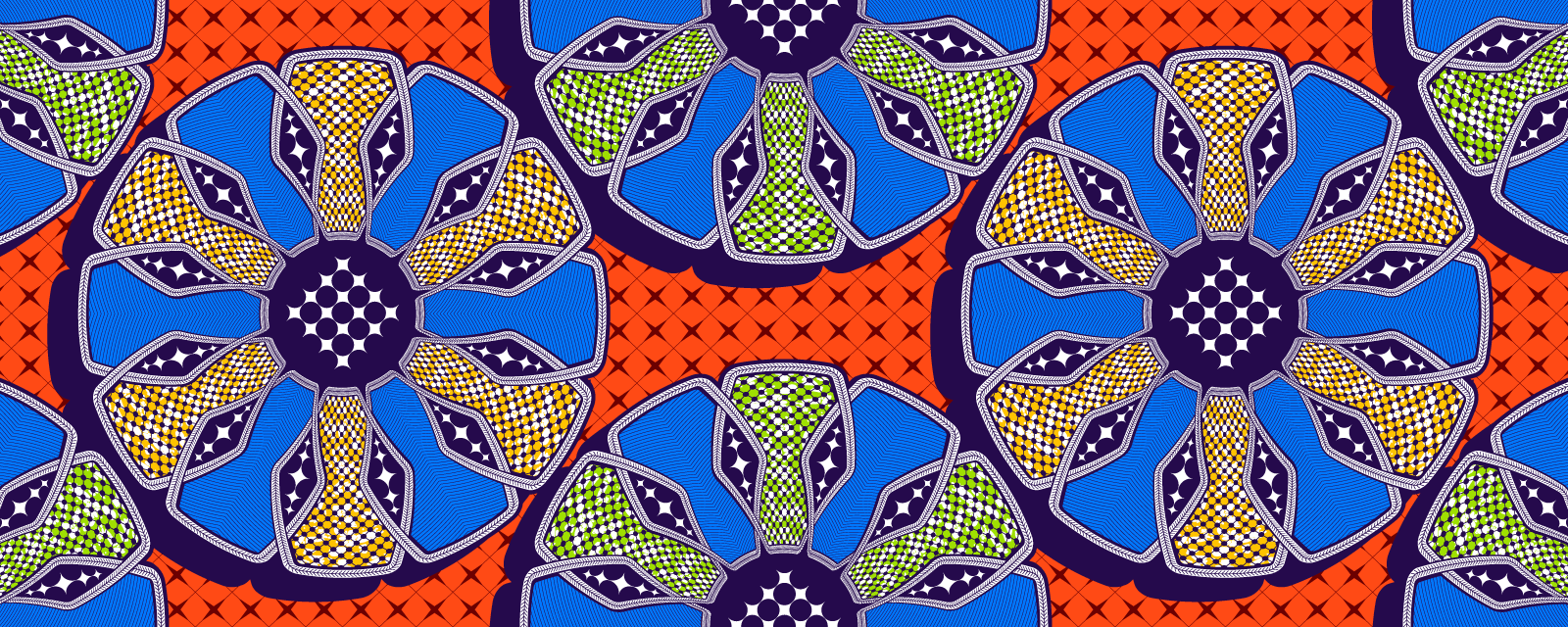A new poem by Adjei Agyei-Baah concerning Bangui, the capital city of the Central African Republic. The city derives it’s name from the Ubangi River, Ubangi being the Bobangi word for the “rapids”, which mark the end of waters north of Brazzaville that are deep, wide and calm enough for boats to pass safely.
The existence of hundreds of Neolithic age stone megaliths indicates that this region was home to a community with the resources to cut, transport and erect such extravagent monuments for cultural purposes that are now unknown.
In the 16th and 17th centuries the territory became an important hub for raiders servicing both the Arab and Atlantic slave trades. The French established themselves in the 1880’s and began seizing, colonising and stripping the land of it’s assets. (1)
Since gaining independence in 1960, the country has seen a succession of rulers who have declared themselves President for life only to be overthrown in coup d’état’s (six in total so far) staged by leaders of the Central African Republic army.
The current President, Faustin-Archange Touadéra, was elected in March 2016 and re-elected for a second term on 27 December 2020. However, the central government lacks control of much of the country. The past decade has seen alliances of rebel militia groups form, take over many towns and then splinter, often to reform in fresh alliances with rival militias that they were fighting against in the previous years. (2)
To Bangui
You the navel of Africa
What stirs up your grove this time around
that guns roar to put your people on tour
have you not once smoke the peace pipe,
commune and forge under the giant baobab?
lack of understanding is darker than night
surely, a healed scar need not a cut through
when did the mighty eagle descend on its own?
when did a clansman learn to pull down
his neighbour’s god?
a single bracelet indeed does not jingle
milk and honey have different colours,
yet they share the same house peacefully
let your swords go find their scabbards
let your guns get rusty in their magazines
the end of an ox is beef but the end of war is grief
united you are a rock, divided you are sand!
by Adjei Agyei-Baah
Bio
Adjei Agyei-Baah is a lecturer, translator, editor and currently a PhD student at the University of Waikato, New Zealand. He is the co-founder of Africa Haiku Network, Poetry Foundation and the Mamba Journal, Africa’s first international haiku journal. Adjei is a worldwide-anthologized poet and winner of several international awards. His maiden haiku collection AFRIKU published by Red Moon Press, US, in 2016 was commended at The 1st Asian Literature Festival held in Gwangju, 2017 by Professor Wole Soyinka, Africa’s first Nobel Prize Literature laureate. His recent poetry (haiku) collections are Scaring Crow (Buttonhook Press, 2023) and Tales of the Kite (Buttonhook, 2023).
Footnotes
- Private companies were provided concessions to harvest rubber, coffee, cotton and other commodities from unpaid forced labour. The French colonisation of Oubangui-Chari (now the Central African Republic) is considered to be the most brutal of the French colonial Empire. In the 1940’s France began decolonising their African holdings and voting rights were extended to native peoples. Barthélemy Boganda was elected to the French National Assembly, becoming the first representative of what was then Oubangui-Chari in the French government. In 1949 Boganda founded the Mouvement pour l’Évolution Sociale de l’Afrique Noire (MESAN) and went on to declare the establishment of the Central African Republic and serve as the country’s first prime minister in 1958. Boganda died in a plane crash in 1959 and David Dacko became the President who saw the Central African Republic gain independence from France in 1960.
- In 2020 a collection of rebel groups including members of both the Séléka alliance (from the predominately Muslim North-East) and their rivals the Anti-Balaka (composed primarily of Christians and Animists from the South-West) formed the Coalition des Patriotes pour le Changement (CPC). The CPC captured many major towns in the country, preventing elections from being held and were only prevented from taking the capital Bangui due to the combined efforts of the Central African Republic army, UN peacekeepers and the presence of troops from Rwanda and the Russian private military company, the Wagner Group.

